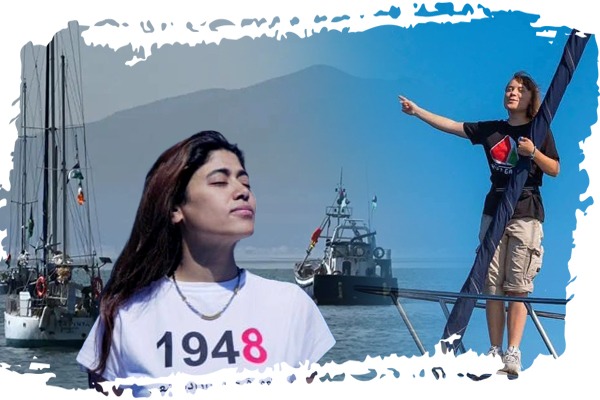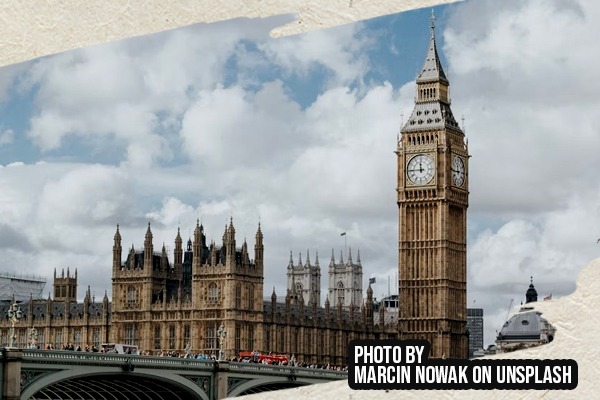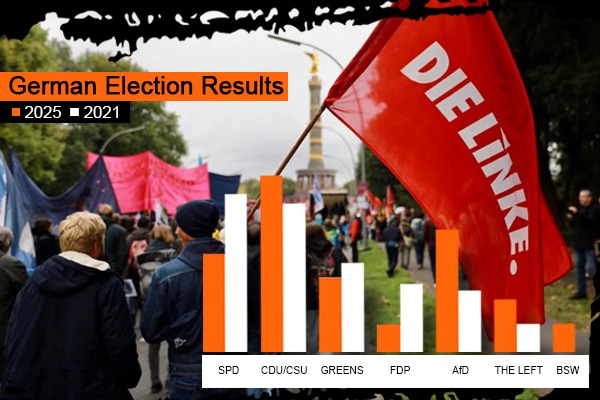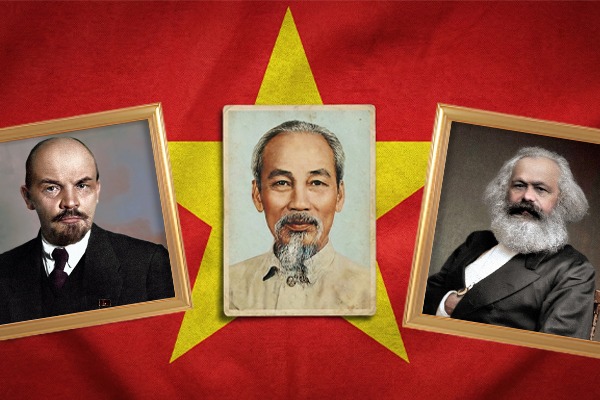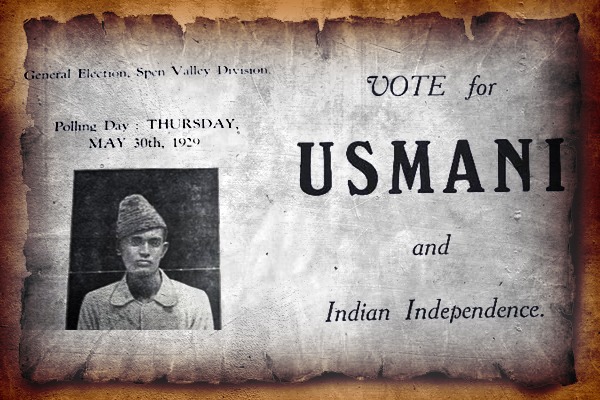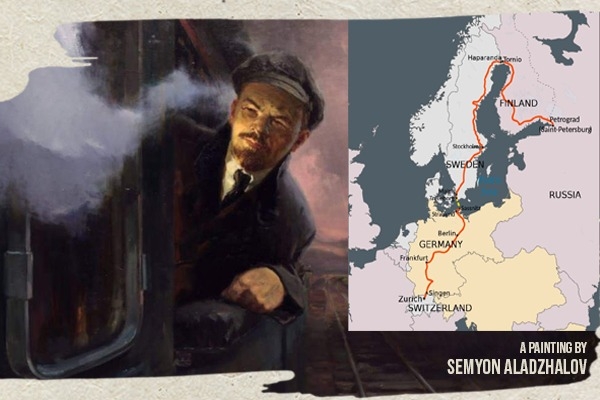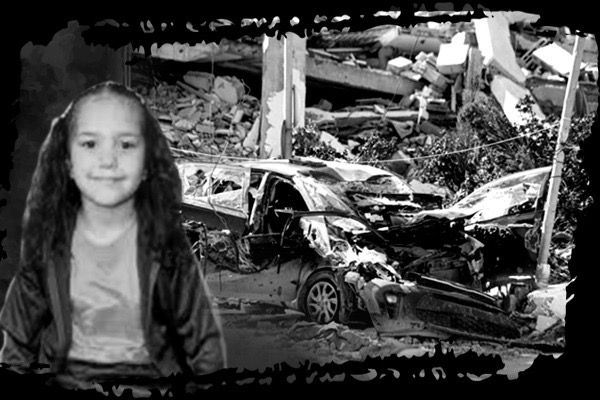The interception of the Global Sumud Flotilla—its passengers detained, its mission halted—reveals the naked truth of Israel’s blockade: not security, but siege. And the world can no longer look away.
On the deck of the Alma, the lead vessel of the Global Sumud Flotilla, Greta Thunberg sat ringed by heavily armed Israeli naval soldiers. Just hours before, she had looked into a phone camera and spoken her name: “I am on board the ship Alma. We are about to be intercepted by Israel.” Within minutes, her prediction was fulfilled. The livestream cut, the ship was seized, and she and her fellow passengers were escorted into custody at Ashdod port.
This was not just another maritime enforcement. It was the convergence of two worlds: the old politics of blockades and military might colliding with the new politics of visibility, youth activism, and global conscience.
The flotilla was no war fleet. It was a convoy of more than 40 boats carrying 500 parliamentarians, lawyers, and activists—civilian volunteers intent on delivering humanitarian aid to Gaza. They sailed under banners of law and nonviolence, insisting that food and medicine should not be contraband. The Israeli navy met them with warships, water cannons, and stun grenades.
More Than Cargo
No flotilla could ever solve Gaza’s humanitarian catastrophe. Two million people cannot be sustained by a handful of boats. The point was never the tonnage of aid, but the weight of symbolism. To sail into a siege is to say the siege exists, that it is intolerable, and that global publics must confront it.
The Global Sumud Flotilla drew on a long lineage of civil disobedience campaigns. Gandhi’s Salt March in 1930 did not materially cripple British salt revenue, but it pierced the legitimacy of colonial rule. The Freedom Rides of 1961 did not integrate the Deep South overnight, but they exposed Jim Crow’s brutality on television screens. The flotilla, like these predecessors, chose confrontation over silence, spectacle over acquiescence.
Greta Thunberg’s presence elevated this strategy exponentially. For a decade, she has been the face of youth-led global movements, from climate strikes to the halls of the U.N. Her boarding of the Alma reframed the story: this was no fringe activist stunt. It was a deliberate act of conscience by one of the most recognizable moral voices of her generation.
A Legal Battleground
Israel insists the blockade of Gaza is lawful. Under international law, naval blockades are permissible in wartime if they serve military necessity and are enforced without discrimination. Israel argues it must prevent weapons from reaching Hamas, the militant group controlling Gaza. On paper, that argument carries weight.
But the blockade, in place since 2007 and tightened in 2009, has extended far beyond weapons. It restricts food, medicine, construction materials, and fuel—commodities essential to civilian life. The United Nations has condemned the blockade repeatedly as “a direct contravention of international human rights and humanitarian law.” By punishing an entire population for the acts of its rulers, the blockade has crossed the line from security to collective punishment.
The flotilla’s organizers understood this legal fault line. Their boats were unarmed, their mission humanitarian. By sailing in international waters, they forced Israel to extend its claim of “military necessity” beyond its territorial jurisdiction. When Israeli commandos boarded them 75 miles from Gaza, they illustrated precisely what the activists sought to prove: that Israel enforces its blockade extraterritorially, and in ways that stretch the law to its breaking point.
Echoes Across History
The spectacle at sea is not without precedent. The Berlin Blockade of 1948-49 sought to strangle a city into submission; it was broken not by force of arms but by the ingenuity of the Berlin Airlift, which turned humanitarian delivery into a moral victory. The apartheid regime of South Africa used embargoes and restrictions to choke dissent, only to find itself the target of a global sanctions campaign that delegitimized its very existence.
The Gaza blockade, now in its sixteenth year, belongs to this lineage of punitive isolation. Its defenders call it security. Its critics call it siege. Either way, it is a political instrument—a weapon wielded not only against militants, but against the very civilians international law is supposed to protect.
And like Berlin and Pretoria, Gaza is becoming a touchstone. Each interception, each protest, each viral image forces the world to ask: how long can such conditions be normalized?
Europe Reacts, the World Watches
The flotilla raid reverberated across Europe. In Italy, spontaneous protests erupted from Milan to Naples. In Spain, Prime Minister Pedro Sánchez defended the flotilla as “a humanitarian mission that wouldn’t exist if Israel allowed aid to enter Gaza.” In Rome, Giorgia Meloni warned that the mission risked undermining U.S.-brokered diplomacy.
The split revealed the wider geopolitical fault lines. Some European governments are cautious, fearing confrontation with Israel and Washington. Others see the blockade as indefensible, a moral and political liability that undermines international law itself. The arrest of a European teenager—one as prominent as Thunberg—ensured that governments could no longer treat the flotilla as a fringe affair.
The Optics of Power
Israel’s officials argue that the flotilla was provocation disguised as humanitarianism. But the optics tell a different story: armed soldiers circling unarmed activists, water cannons against volunteers in lifejackets, drones dropping stun grenades on passengers whose only weapons were cameras.
In 2010, the Mavi Marmara flotilla ended in bloodshed, with 10 Turkish activists killed by Israeli commandos. This time, Israel avoided lethal force. But it could not avoid the optics of overreach. The image of Greta Thunberg—calm, encircled, defiant—has already traveled farther than the Alma ever could.
The Politics of Siege
Blockades are designed to suffocate quietly. Yet each interception paradoxically generates noise. Every raid renews attention on Gaza’s plight, reminding the world that the siege is not an abstraction but a daily reality for millions.
Israel believes the blockade keeps Hamas contained. But history suggests the opposite: protracted sieges often radicalize populations, entrench grievances, and delegitimize those enforcing them. By prolonging Gaza’s isolation, Israel may be winning tactical control at sea but losing strategic legitimacy on land.
Why It Matters Now
The timing of this interception was no accident. It comes amid renewed talk of “post-war Gaza,” U.S.-led negotiations, and European divisions over how to handle aid. The flotilla reminded the world that no diplomatic framework will endure as long as basic humanitarian passage is criminalized.
It also exposed the contradictions of international law in practice. Freedom of the seas, humanitarian protection, and the rights of civilians are all enshrined on paper. Yet in Gaza, they are overridden by the politics of security. That gap—between law and enforcement, principle and practice—is where moral legitimacy is lost.
A Call to Conscience
The Global Sumud Flotilla did not reach Gaza. It was never meant to. Its victory was in revealing, once more, that the blockade exists, that it is enforced with overwhelming force, and that it cannot be morally sustained.
Greta Thunberg’s arrest crystallized this message. She did not need to deliver aid to succeed. By sitting calmly on the Alma, by speaking her name before the livestream cut, she transformed the blockade from a distant geopolitical issue into a moral confrontation.
History tells us that blockades do not collapse under the weight of ships. They collapse under the weight of conscience—when the world decides they are intolerable. That moment came for Berlin in 1949, for South Africa in the 1980s. Whether it comes for Gaza depends on how long the world is willing to look away.
For now, the flotilla sits in Israeli custody, its cargo inspected, its passengers awaiting expulsion. But its true cargo—its message—has already been delivered. And the world must now decide what to do with it.

